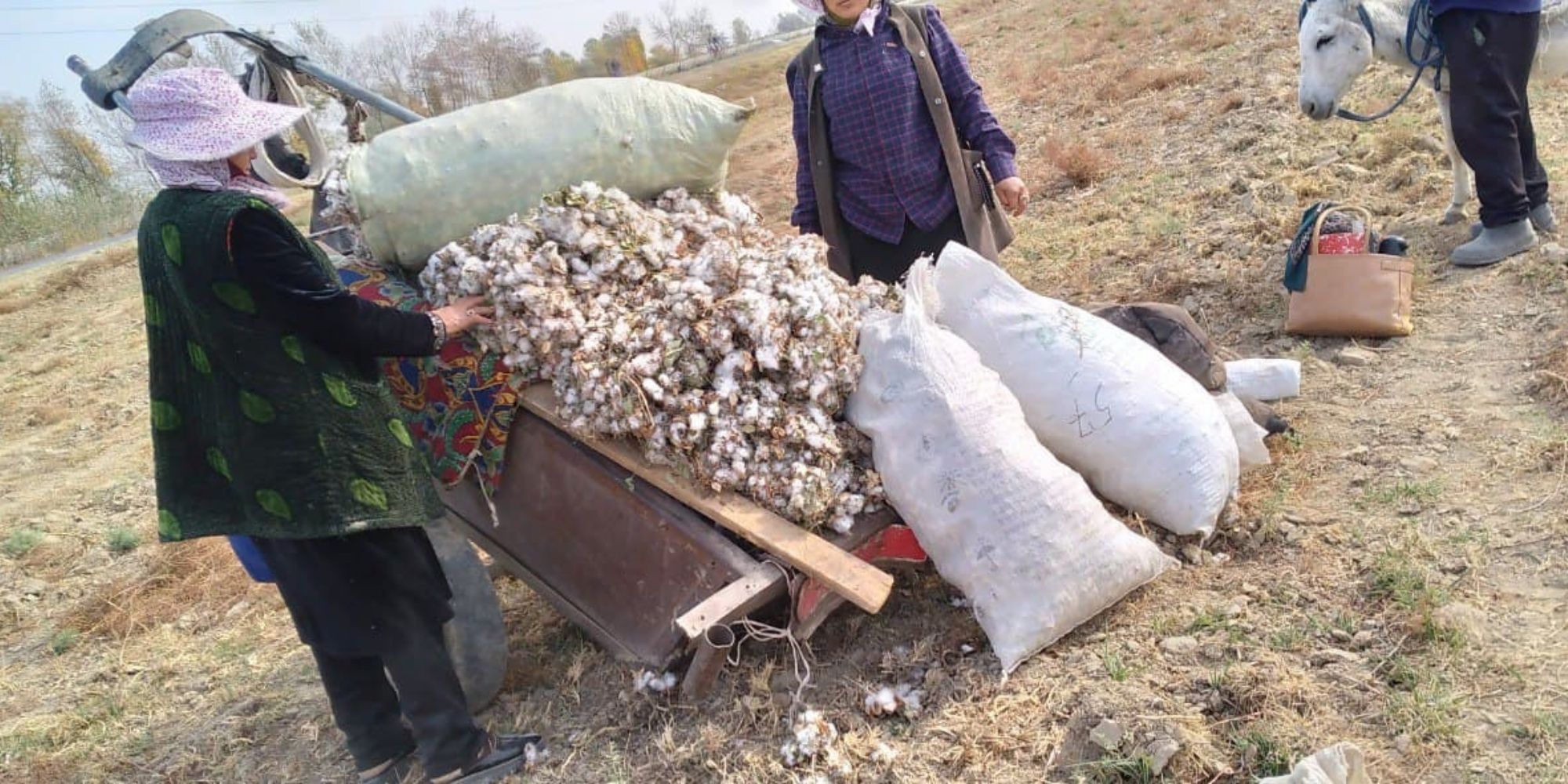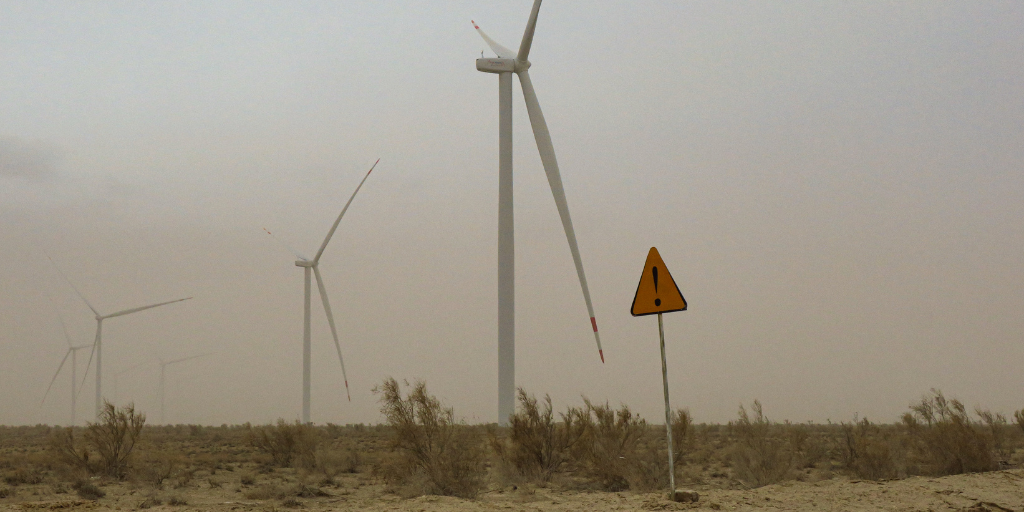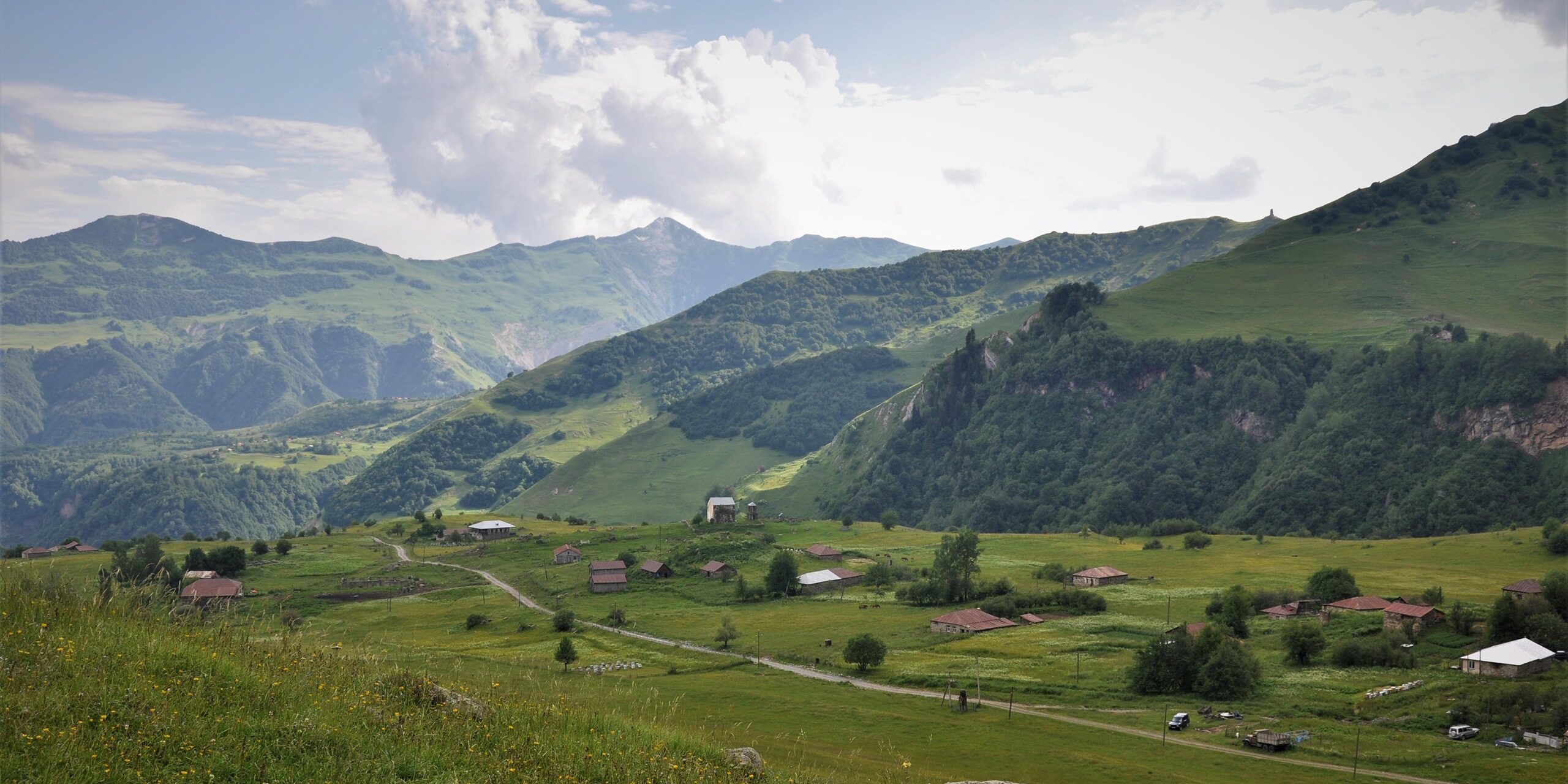Whether in Europe or beyond, public money must not become an auxiliary for human rights violations or the marginalisation of affected communities.
We expose cases where development banks fail to protect those impacted by their projects.
We advocate for participation and consultation processes that are not pro-forma exercises, but a tool to ensure people’s well-being.
We run a helpdesk where activists and communities can get advice on how to challenge controversial projects being considered for funding by development banks.
Close to frontline communities
We’re in direct contact with affected communities and provide updates from their struggles.
Image (c) Rosa Vroom
IN FOCUS
The Reconstruction of Ukraine
The scale of destruction caused by Russia’s aggression against Ukraine has been staggering. To repair the damage, joint efforts to coordinate donations and properly plan Ukraine’s reconstruction must start as soon as possible.
A successful reconstruction of Ukraine cannot happen without involvement of the Ukrainian people. That’s why we’re calling on international donors to ensure that the financial structures to help impacted communities are put in place and that civil society groups have a say in this process.
We believe that Ukraine and the international community have a unique opportunity to modernise the country while addressing people’s needs and long-term sustainability.
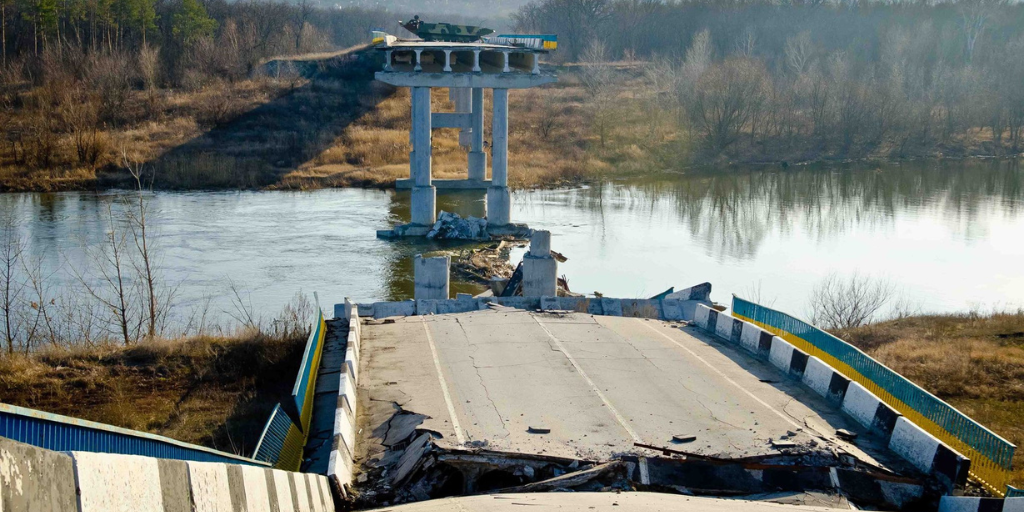
Amulsar gold mine, Armenia
The controversial Amulsar gold mine near the touristic spa town of Jermuk was supported by the EBRD equity investments, but blocked by locals after the velvet revolution in 2018. In spite of a number of legal threats and intimidation by the company, the blockade continued till the eruption of military conflict overNagorno Karabakh (Artsakh) at the end of 2020.
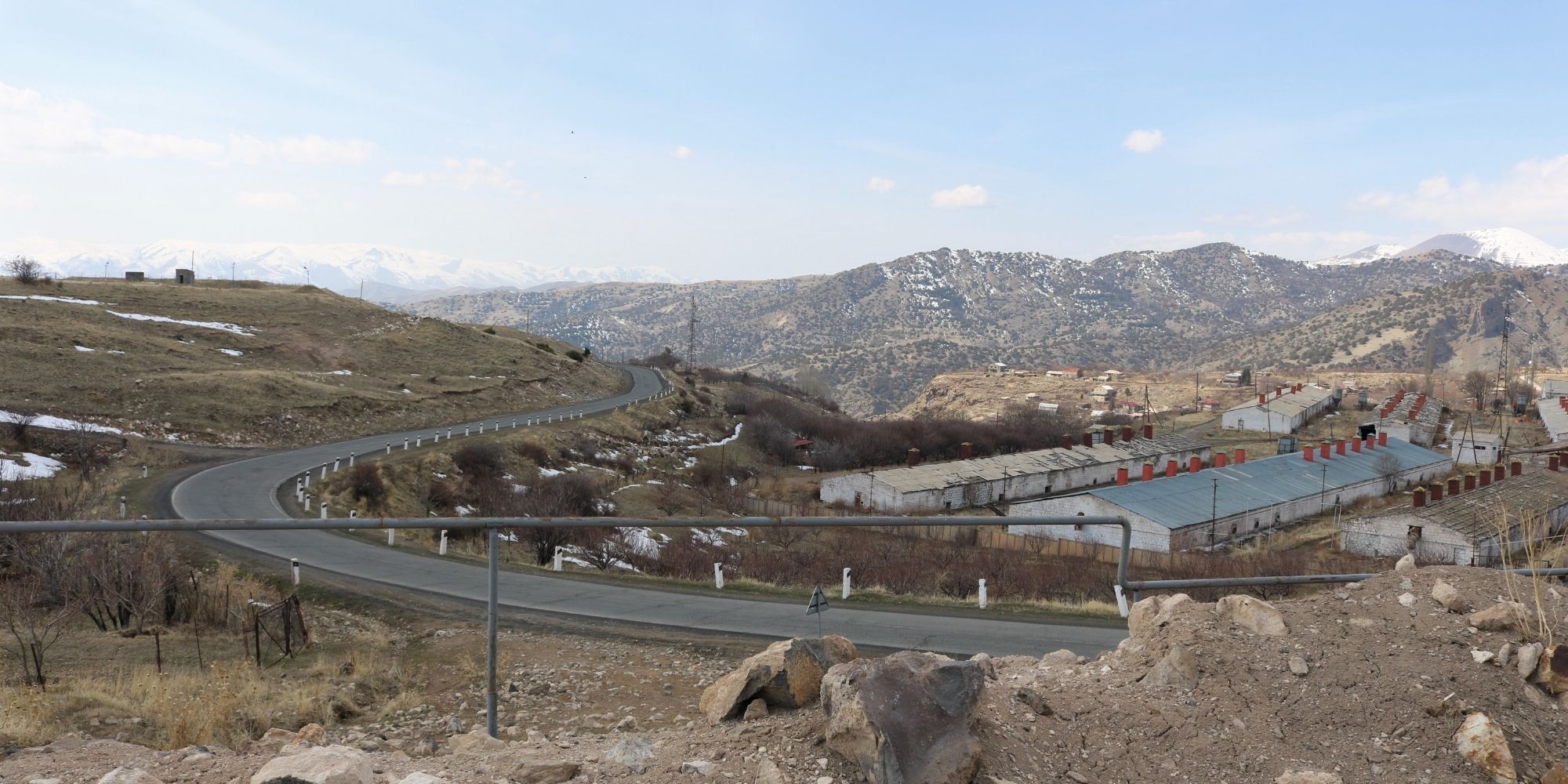
Myronivsky Hliboproduct (MHP), Ukraine
The leading Ukrainian agribusiness giant has been enjoying generous support in public funds and national subsidies. With over half a billion euros from the EBRD, EIB and the IFC, Myronivsky Hliboproduct PJSC (MHP) has grown into a near monopolist in poultry production. While MHP’s vertically integrated model has contributed to its status as a leading Ukrainian agribusiness, the scale and nature of its business have also contributed to mounting concerns about its social and environmental impacts. These concerns are compounded by patterns of poor community consultation and a lack of information provided about MHP’s operations, leaving project-affected people guessing about the true impacts of its operations.
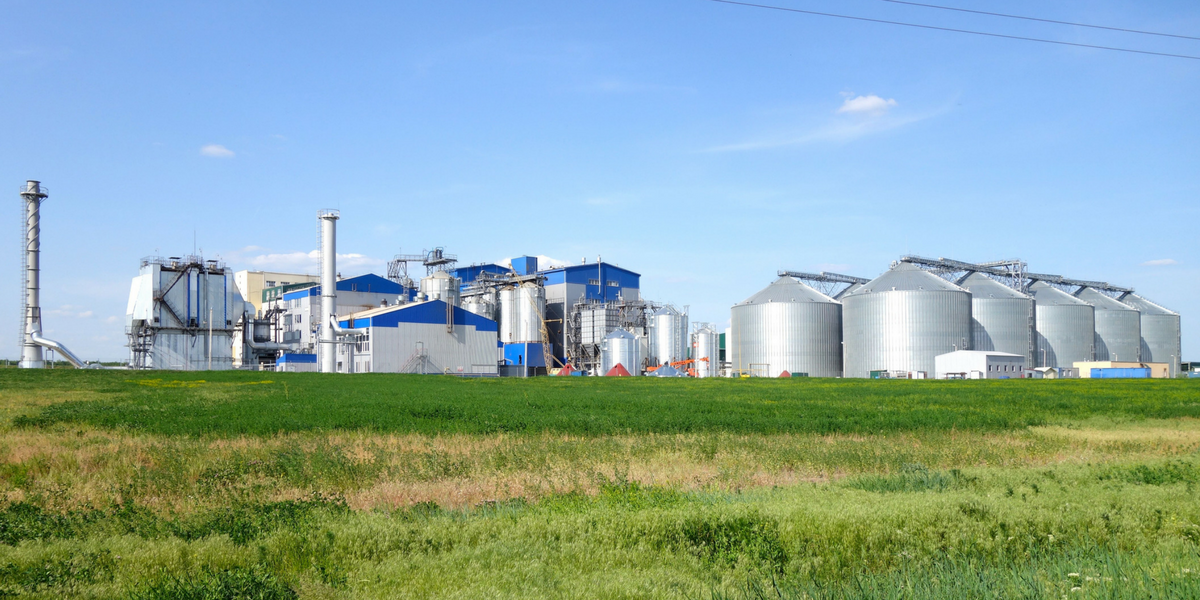
Corridor Vc motorway, Bosnia and Herzegovina
The Bosnian section of the international Corridor Vc is planned to run for 330 km through Bosnia and Herzegovina. Concerns about environmental impacts and threats to cultural heritage were raised by local people and cultural figures. The public discussions about the project have led to a series of scandals and a deadlock of the motorway’s development.
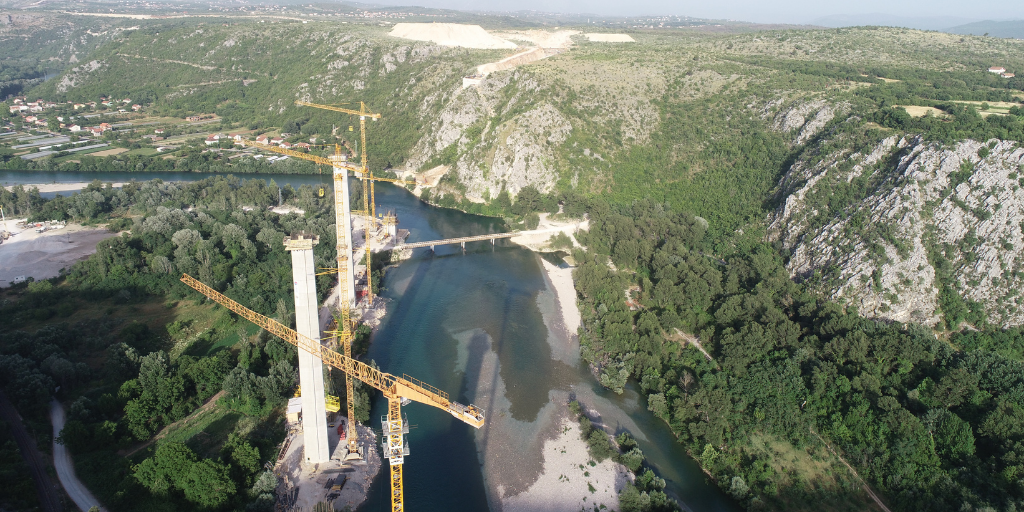
More of our projects
Indorama Agro: Uzbekistan’s infamous cotton producer
Despite being Uzbekistan’s largest cotton producer and receiving millions in development loans from the European Bank for Reconstruction and Development (EBRD), the Asian Development Bank (ADB) and the International Finance Corporation (IFC) – institutions that promote modernisation and corporate responsibility – Indorama Agro faces multiple complaints of worker mistreatment and retaliation.
Zarafshan, Bash and Dzhankeldy wind projects, Uzbekistan
The first large wind projects in the Central Asian country are being built in biodiversity hotspots and hinder the declaration of protected areas. The IFC, EBRD and ADB need to ensure that some of the most problematic turbines are moved away.
The Khada Valley, Georgia
The Khada Valley in Georgia brings together exceptional biodiversity, precious cultural and archeological heritage, and mountainous villages which have preserved rich traditions and historical lifestyles. But all of this might vanish if a 23-kilometer road from Georgia to Russia – the Kvesheti-Kobi project – is built.
Latest news
Mostar locals continue to resist Corridor Vc routing amid new tunnel loan talks
Press release | 19 March, 2024On 11-13 March a Bankwatch team visited Mostar and the nearby villages of Kosor, Ortiješ and Malo Polje. The team met with more than 25 landowners from the three villages, visited vineyards in Ortiješ, nearby construction sites on the Corridor Vc, and the Podveležje ridge. They discussed with local people the developments in the valley, ongoing legal action and the results of complaints at the EBRD’s accountability mechanism.
Read moreSoft landing: New high-level EIB ‘revolving door’ revelations suggest systemic issue persists
Blog entry | 1 March, 2024Alarming new Politico report uncovers ‘revolving doors’ in the EIB’s highest echelons linked to the controversial expansion of the Budapest airport.
Read moreEU anti-fraud office probes €200M loan to Budapest Airport
Bankwatch in the media | 29 February, 2024Former European Investment Bank Vice President Vazil Hudák was interviewed by investigators looking into the transaction.
Read moreRelated publications
Ukraine’s public investment management reform: Sectoral analysis of the Single Project Pipeline
Report | 20 February, 2026 | Download PDFThe Single Project Pipeline is a core instrument of the national public investment management system, focused on specific investment projects and programmes tied to particular sectors and territories.
Cleaning up District Heating: Best technologies and real-life examples (Ukrainian)
Brochure | 18 December, 2025 | Download PDFIntended for practitioners, policymakers, civil society and the energy sector, this brochure reviews various public financing options that can help enable the transition to clean district heating.
Monitoring what matters: Public participation as a systemic issue for the EBRD
Briefing | 11 December, 2025 | Download PDFInformation on public participation practices reported by the EBRD is lacking. This briefing illustrates the importance of regular and effective monitoring of project-level participation to inform the EBRD’s corrective actions and enhance management strategies.
